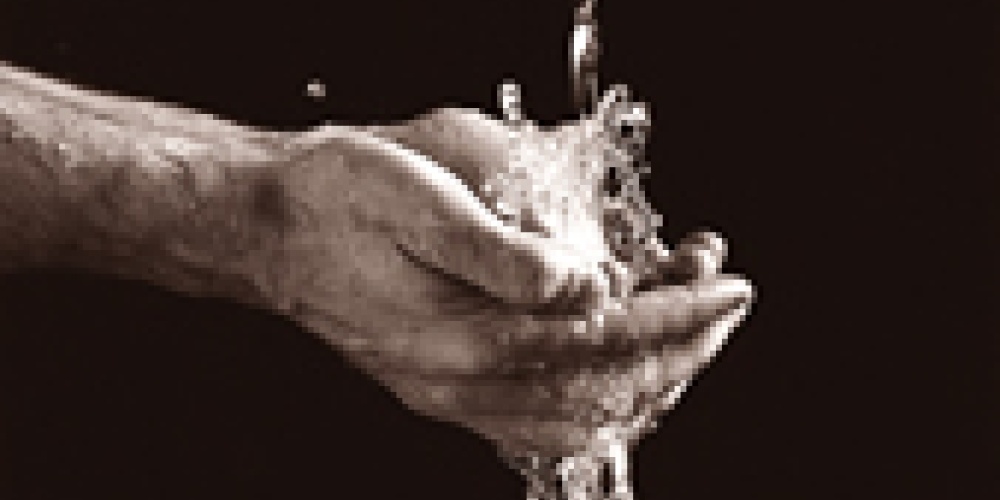It is hard to imagine one more dedicated to Torah than Rabbi Akiva. Despite the fact that he did not start learning until the age of forty (or more likely, because of this), his diligence was unsurpassed. It was to his Beit Midrash that Moshe Rabbeinu was transported from Sinai, as it was Rabbi Akiva who would derive "mountains and mountains of law" from the crowns on top of the letters in the Torah (Menachot 29b). Despite his awareness that teaching Torah would most likely lead to his arrest and death, he continued to do so--and was put to a gruesome death (Brachot 61b).
But Rabbi Akiva saw hope where others saw despair. He was able to find comfort even in his own death, as he could then fulfill the mitzvah, "to love G-d with all of one's soul--even if your soul is being taken" (ibid). While others cried over the ruins of the Temple, he laughed; for he saw within those ruins the seeds of future redemption (Makkot 24a). His faith and optimism was such that he (mistakenly) interpreted the Bar Kochba revolt as heralding the Messianic Era.
Our masechet (Eiruvin 21b) relates a lesser-known story that once again demonstrates Rabbi Akiva's devotion not just to Torah law, but to its rabbinic strictures.
The Talmud relates that, when Rabbi Akiva was in jail, Rabbi Yehoshua Hagarsi used to take care of his needs. One day, the prison guard stopped Rabbi Yehoshua, accusing him (falsely) of bringing Rabbi Akiva too much water. He then spilled out half the water. When Rav Yehoshua gave the reduced amount of water to Rabbi Akiva, the latter exclaimed, "Don't you know that I am old and that my life depends on you?" After being told what had transpired, Rabbi Akiva asked for the water so he could wash before he ate. Rav Yehoshua, astonished by the remarkable request, remarked, "to drink there is not enough; to wash one's hands, there is enough!" Yet Rabbi Akiva responded, "What can I do? ...Better I should die my own death than violate the view of my colleagues...they said, 'he did not taste anything until they brought him water and he washed his hands'".
This is a most difficult story for us to comprehend. It is well known that it is forbidden to perform even a biblical law if, by doing so, one places one's life in danger. How much more so for the rabbinic law of Netilat Yadaim, washing the hands. It may come as a surprise to many that the Tosafists, perhaps using Rabbi Akiva as a model, rule that pikuach nefesh allows one to violate the law to save a life (see Tur, Yoreh Deah 157). However, one may be strict and choose to forfeit one's own life rather than violate even a rabbinic law.
Truth be told, many of the inspiring stories about Rabbi Akiva are just that--simply meant to inspire us as we marvel at his heroic faith, dedication, leadership and piety. But they are not meant to be put into practice. When we see Jerusalem in ruins, Jewish law requires that we rip our clothes, a far cry from laughter.
Interestingly, we have no reference to the actual mountain of laws that Rabbi Akiva derived from the crowns upon the letters. This entire approach seems to be rejected in favour of that of his colleague Rabbi Yishmael, who taught that "the Torah speaks in the language of man", and thus, even textual redundancies merely reflect the way people speak and are of little significance.
Rabbi Akiva perfectly blended comforting words and decisive action, inspiring generations of Jews and laying the groundwork for the survival of the Jew during the long exile.

